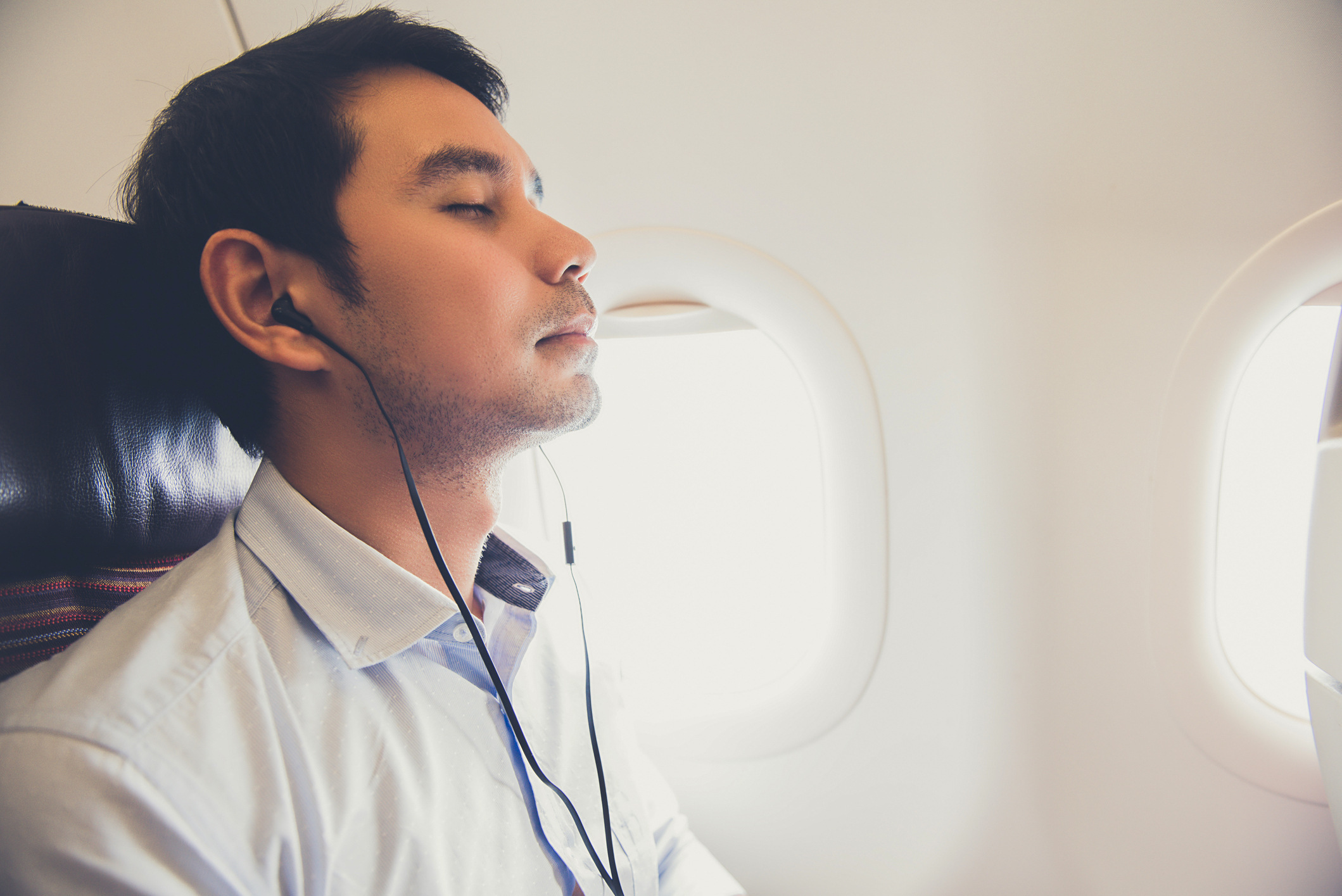Panic Disorder is characterised by the repeated experience of sudden and very intense feelings of fear, often experienced as terror. These panic attacks often seem to strike without warning or “out of the blue.”
People with panic disorder often can’t predict when an attack will happen. As a result, they often develop intense anxiety between episodes, as they worry about when and where their next panic attack will happen because it could be anytime or anywhere. At other times, people can predict when and where a panic attack will happen and then they learn to fear and avoid those situations (which results in conditions such as agoraphobia.
How Panic Attacks Can Feel
The symptoms of a panic attack include:
- Racing or pounding heart
- Chest pain
- Shortness of breath
- Feeling of being smothered
- Numbness or tingling
- Feeling cold, hot or flushed
- Sense of unreality or depersonalization
- Fear of impending doom, loss of control
- Faintness, weakness or dizziness
- Tightness in chest
- Feeling of being choked, tightness in the throat
As a result of these intense symptoms, people experiencing a panic attack often believe that they are going to die from a heart attack or stroke or that they are losing their mind.
Panic attacks can happen at any time, even during sleep. People most often describe their attacks as having a sudden onset and peaking within ten minutes. However, others describe their attacks as building. When people experience repeated, unexpected panic attacks, they start to expect them and begin to avoid places and situations in which they have experienced them like, for example, going to the mall, going shopping, driving a car, riding in elevators, riding the subway, going to class and going to movies. When people start to avoid activities to an extent that it causes significant distress and impairment in their social and occupational functioning, they have developed agoraphobia.
Treating Panic Disorder
Cognitive behavioural therapy (CBT) is the most effective treatment for panic disorder, with or without agoraphobia. CBT is effective for 90% of people with panic disorder and early treatment can often stop the development of agoraphobia. Panic attacks and panic disorder often occur along with other problems, including depression, substance use, and other types of anxiety problems.
In addition, the symptoms can be very similar to those of a heart attack, stroke or other medical problem, so it is important to consult your family doctor to rule out a physical cause for your symptoms. After that, a proper and thorough differential diagnostic assessment by a psychiatrist or psychologist is the first step towards effective treatment.


